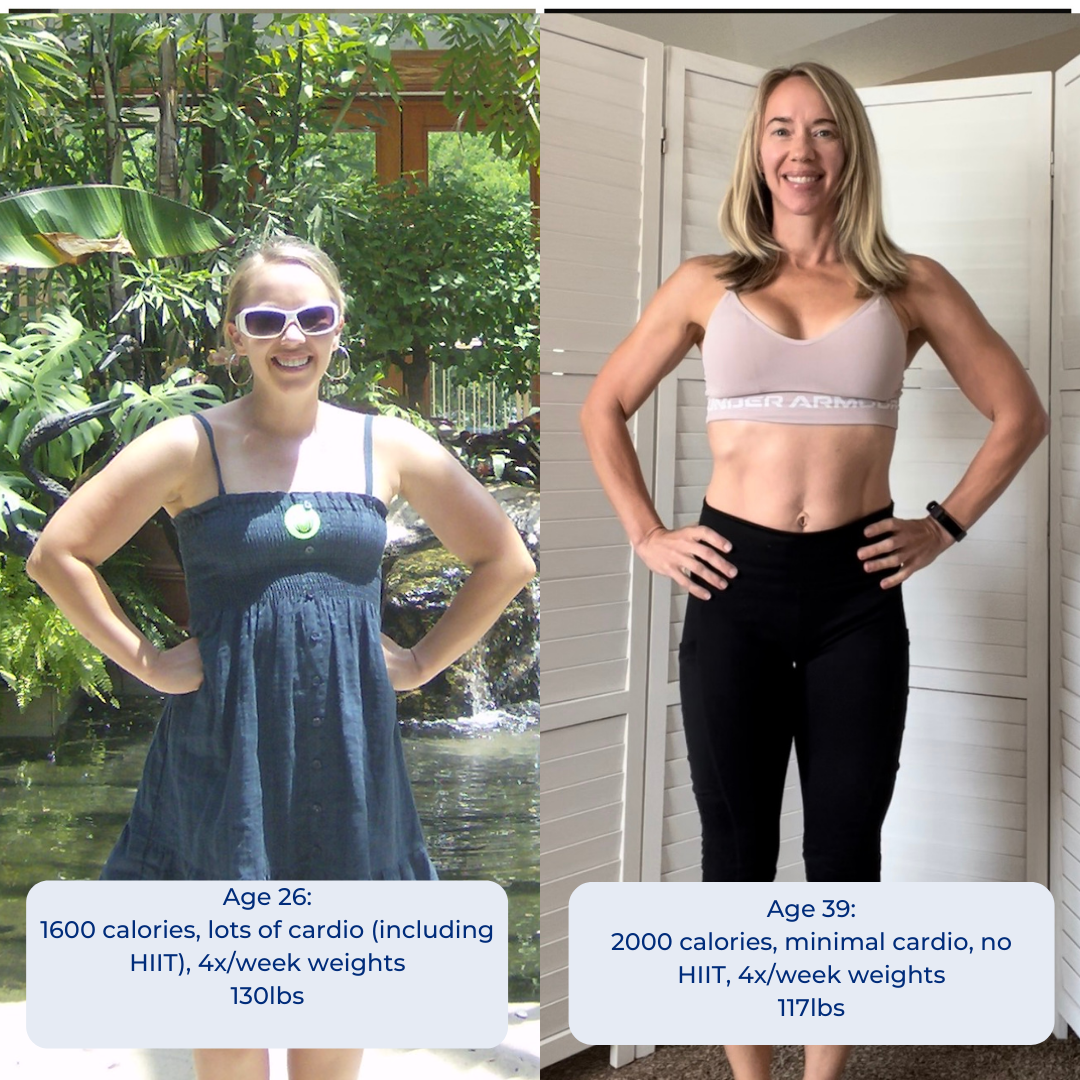How to break through a weight loss plateau
The stats on long-term diet success are, sadly, very disappointing. Many studies claim that somewhere around 95% of dieters fail to keep their weight off long-term. We’ve all seen this play out, either with ourselves or people we know. Someone embarks on a diet (typically, a very restrictive and unsustainable diet), loses weight quickly initially, eventually plateaus, and then either gives up or continues the restrictive dieting despite not seeing results anymore.
Why Do Diets Fail?
There are two main reasons why diets fail to produce long-term results. We will discuss those in more detail below, but those two reasons are 1) unsustainibility of the diet and 2) metabolic adaptation. If you can’t see yourself doing something forever, it is not sustainable (more on that soon). Further, many of these diets cause your metabolism to slow down (sadly, the worst thing we can do for your metabolism is diet). That in itself may make weight loss difficult or nearly impossible…even if you CAN stick with your diet plan.
What is Restrictive Dieting?
I think most people believe that others fail at their diets because they simply couldn’t “stick with it”. This is definitely the case for many people. However, I think the diets so many people are choosing to try are simply WAY too restrictive and not sustainable for the long-term. For example, keto cuts out carbs almost entirely. Who can say no to pizza and ice cream FOREVER?! Not me! Whole30 cuts out basically anything that is even minimally processed. While I think this is a great way to eat, trying to live in absolutes indefinitely (you will NEVER eat a processed snack ever again!) is also not realistic in today’s world. Intermittent fasting (and no, this isn’t really a “diet”, it really just deals with WHEN you eat) is not even going to produce ANY results if you are over-eating during your “eating window” anyway. Besides, who wants to be told “sorry, its 9:30, you can’t eat until 10:00” when they are HUNGRY at 9:30?! Finally, you know how we feel about ANY diet that cuts calories extremely low (think 1200 for women). Eating 1200 calories a day is simply WAY TOO LOW for any female and is no way to live. Unfortunately, many programs today promote this number (Noom, MyFitnessPal, Optavia, etc.). A metabolically healthy women does NOT need to eat this little amount of food to lose weight (more on what we mean by “metabolically healthy” in a bit).
Why Restrictive Diets Don’t Work
It's not surprising that many people have trouble simply sticking with the diet plan they have chosen. Because most are overly restrictive and do not allow for much flexibility, much of the blame can be placed on the diet plans themselves. If you can’t see yourself sticking with something forever, its probably not something you should embark on to lose weight. Instead, choosing a much more flexible approach is more likely to result in long-term adherence.
Metabolic Adaptation and its Affect on Dieting
This is a HUGE reason why so many people fail to keep their weight off long-term. It is something that is very well-known in the bodybuilding world, but the general population is just now starting to talk about it. The concept of metabolic adaptation simply means that your body will adapt to your inputs (how much you are eating) and outputs (how many calories you are burning via activity and exercise). This is actually a GOOD thing...if food is scarce, our body adapts by burning fewer calories in order to keep us alive. However, in today’s world of very abundant and hyper-palatable foods, we view this as a negative thing. And when it comes to weight loss, this IS actually a negative thing. Sadly, our body’s don’t know swimsuit season is coming! Our body’s number one goal is simply to keep us alive.
This concept is best explained with an example. Let’s say Susie weighs 180lbs and her goal weight is 140lbs. Susie decides to eat a 1200 calorie per day diet in order to lose weight because that's what an online calculator told her to do. Because Susie had been over-eating prior to this (let’s say she was eating 2500 calories per day and NOT working out), she should have GREAT results at first. She loses 20lbs over the course of 12 weeks and is very happy with her progress. However, around this time, she starts to see her weight loss progress slow down...and then come to a complete halt. She is now eating 1200 calories but no longer losing weight. There are a couple of things that might happen here: 1) Susie might give up and go back to eating what she was before. Because her metabolism has adapted to the 1200 calories (i.e. it has “slowed down”) she gains back all of her weight plus 10 more pounds because of the fact that her metabolism has slowed down. 2) She doesn't completely “give up” but decides 1200 calories is just too hard and eats more than that several days per week. Again, because her body adapted to the lower calories, she gains back much of her weight despite eating at a “normal” calorie level. 3) She continues to eat 1200 calories per day even though she is no longer losing weight at that level. She does this for another 6 months...but stays at her same weight. She is discouraged and decides to try cutting out certain foods, only eating during a certain window, and other “tricks” but none of them work.
Sadly, this is a HUGE reason so many diets fail to produce long-term results. Dieting is one of the worst things you can do for your metabolic health. So how DO you lose weight and keep it off? You absolutely MUST prioritize your metabolic health. More on that in a minute.
Online Macro Calculators – What they fail to consider
Finally, let’s touch on one last topic. Let’s assume you acknowledge that a restrictive plan is not a good way to go for long-term success (good for you for realizing that!). You decide to count your macros and use a “flexible dieting” approach to losing weight. While we are huge proponents to this approach, there are some things you need to watch out for. Since you are new to macros, let’s say you decide to use an online calculator to determine what your macros should be. However, one key thing that a calculator can’t take into consideration is your dieting history. This is the NUMBER ONE thing you should be using to determine what will induce weight loss for you. Let’s give another example to best illustrate this. Let's use Susie from our example above and her friend Brenda. Susie has now been eating 1200 calories for 9 months and STILL stuck at 160lbs (20lbs from her goal weight). She decides to start counting macros and uses an online calculator to set her starting macros. After she puts in her height and weight, the calculator tells her to eat 1200 calories per day for weight loss. However, since Susie has now been eating at this level for 9 months, this WILL NOT produce the weight loss results she is hoping for because her body has already adapted to this level. Let's say her friend Brenda has similar stats (weight 160lbs, wants to weight 140lbs). However, Brenda has never “dieted” before (which is rare these days!). That is a GREAT thing for Brenda. If Brenda uses that same online calculator (that also tells her to eat 1200 calories per day), she should see very quick weight loss on those same numbers. However, hopefully she will reverse diet once she reaches her goal to avoid that same metabolic adaptation as her friend Susie!
Breaking Through a Weight Loss Plateau
So how exactly do you break a weight loss plateau? You absolutely have to prioritize your metabolic health first. If you are already under-eating, you can’t “diet harder” or find some magic food to add or remove from your diet that will induce weight loss.
Reverse Dieting
About 50% of the clients who come to us are actually under-eating when they start working with us. If they come to us in this state, we first need to increase their metabolic capacity by embarking on a reverse diet. Once we have primed their body for fat loss and given their body the signals that we are no longer going to underfeed it, THEN we can begin a fat loss phase that should actually be successful. Conversely, if someone comes to us eating ENOUGH food, we can begin a fat loss phase right away. However, when their body inevitably adapts to our initial calorie level, we can continue to cut calories, but only to a certain point. Once calories are low and fat loss is stalled, we will also have this client reverse diet, maintain for a bit at a healthy calorie level and then we can embark on another calorie cutting/fat loss phase again.
How to keep weight off for good
The “dieting cycles” I described above are truly the way to keep weight off long term. You simply cannot diet for years or even more than around 4ish months at a time before your body will start to fight back. The goal is to spend most of your year eating at a healthy maintenance (we say 1800-2200 calories for most women) and as little time dieting as possible. Remember, dieting is the WORST thing you can do for your metabolism and you want to spend as little time in that phase as possible.
Long Term Weight Loss at Couture Fitness
Let us help you boost your metabolism! Book a free strategy call —or email We’ll set up a 15 minute call to discuss your goals and dieting history and help develop a customized plan that allows you to eat more (really!). We’ll also talk about how you can exercise to build calorie-burning muscle. The Couture Coaching Team wants to help you create a body you love—for life!
Want more metabolism-boosting ideas?
*Join our private Facebook Group (Boost Your Metabolism After Age 30)
*Listen to our podcast
*Follow us on Instagram
*Get our free video on how you can increase your metabolism
Click the links below to learn more about our programs:
*self-paced Master Your Metabolism Online Course.




